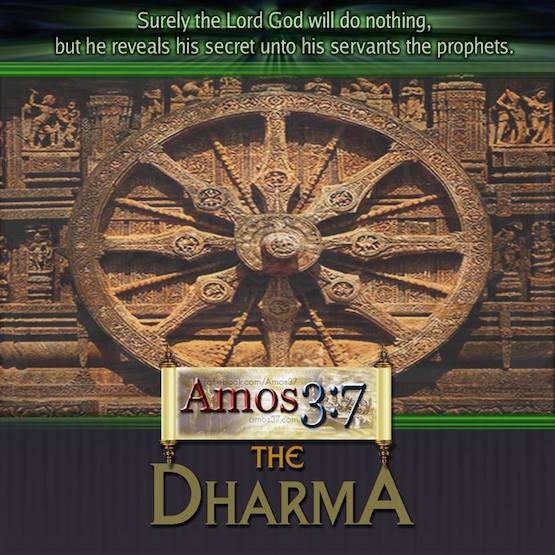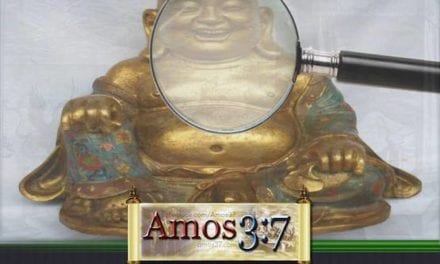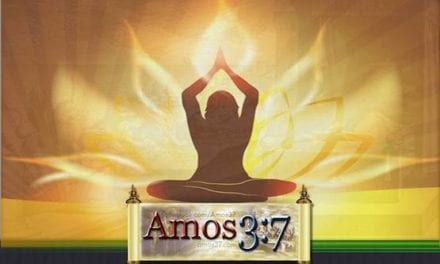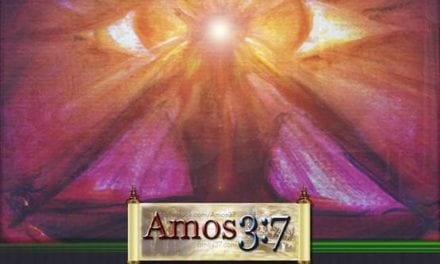Dharma is an Indian term that is understood to mean simply the law of life. Within Buddhism, the Dharma means more specifically the teachings of Buddha. Following Buddha’s death, his followers convened to create a system of doctrines that they could all agree on. These teachings were then handed down orally over future generations through Buddhist monks. In 80 B.C., Buddhist scribes finally compiled the teachings of the Buddha on paper, which became the Pali Canon, also called the Tripitaka. The teachings contained rules for conduct, methods for spiritual attainment, and the ethics taught by the Buddha.
What is THE DHARMA
Contrary to Hinduism’s caste system which required a series of rebirths to move up through the different castes, the Buddhists recruited disciples from all castes. According to Buddha, nirvana, or deliverance from suffering, is extended to everyone who strictly obeys the laws of a monastic life. However, he did feel that the caste system was important for the framework of a temporal life. It was a step away from the strict caste system of India.
Comparing Buddhism and Christianity
The Buddha rejected subservience of any kind to a supreme God and denied belief in an eternal self. While he believed that karma would determine the kind of rebirth and quality of life one would have at rebirth, he didn’t believe it was a self or soul that was reborn. He taught instead that there is a rearrangement of the elements of a person’s identity, which are called “self”. In other words, the new self is still comprised of the same parts.
Where the Brahmins of India taught that nirvana was attained when the soul becomes one with the Universal soul, Buddha held that Nirvana is actually the termination of rebirths. That is, you finally get to get off the wheel. You’ve reached Nirvana, you’re done, you cease to exist. It’s hard to see where the hope lies in this, but rebirth after rebirth could, I suppose, make your complete elimination from existence sound appealing.
Buddha believed that we are temporal creations born to lives of sorrow and suffering. This suffering is a result of selfish desires that chain people to the wheel of insubstantial impermanent things. Living according to the Dharma will help one eliminate these desires thus leading you to Nirvana. According to Buddha, the way to deliverance is summed up in four noble truths:
- The universality of suffering – People discover through rebirth, aging, and death that life is full of sorrow. We suffer this sorrow until deliverance is achieved.
- The origin of suffering – Suffering is caused by the false desires of the senses that have been deceived into clinging to the impermanent world. The quest for immortality further aggravates human suffering.
- The overcoming of suffering – If false desires cause suffering, then the desires need to be suppressed, abandoned, or rejected in order to nullify their effects. Ignorance of the way of deliverance and the delusion that there is a permanent self-are the primary cause of suffering.
- The way leading to the suppression of suffering – The noble eightfold path is a sacred path with eight branches called right views of understanding, right aspirations, right speech, right conduct or action, right livelihood, right effort or endeavor, right mind control or concentration, and right mindfulness. These eight branches are not stages that can be lived out in succession or isolation from one another. They are different dimensions of a total way of life.
While Buddha did not deny the existence of gods, he taught that the worship of gods obstructed one’s quest for nirvana. To him, the gods inhabit the cosmos and are impermanent like all of us, so they too must escape rebirth through Nirvanaa.
And how long will it take to follow these truths to deliverance and reach this state of spiritual suicide? According to the Buddha several lives are required to attain it. He taught that the journey to nirvana is long and difficult. And the reward for all your efforts is inner peace and harmony with all beings right before you reach Nirvana. And then…..nothing.
The Coming Golden Age & Return of Dharma
a Hindu perspective, end times view.
Connect with Amos37
Free Resources for the growing Christian.
“But grow in grace, and [in] the knowledge of our Lord and Saviour Jesus Christ. To Him [be] glory both now and for ever. Amen.” 2 Peter 3:18
Blue Letter Bible Free Online Bible & Study Tools & Commentaries
Bible Classes College Level For Free to Enroll Track your progress.
Our Own Free Discipleship Course In Video HD.



















